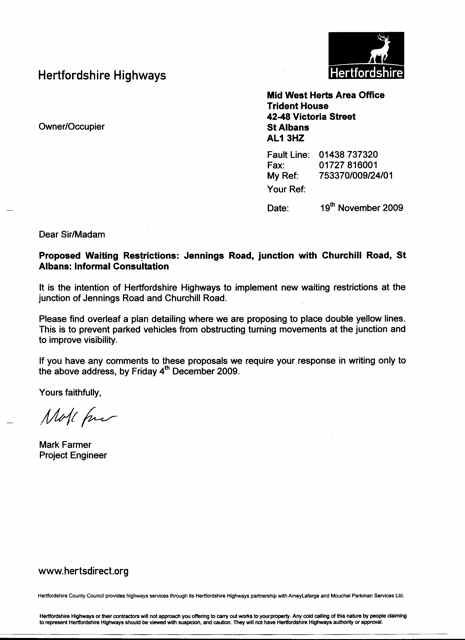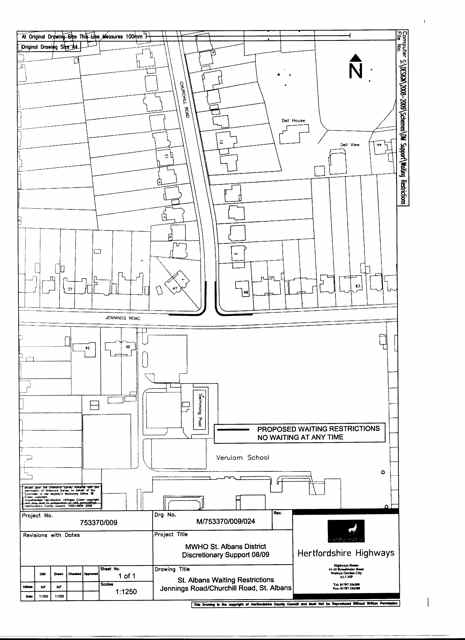Michael’s emergency motion to council:
That this Council notes:
• The importance of rail links in the district with 6.3 million journeys starting or finishing at St Albans City alone every year and a further 2.9 million at Harpenden.
• The dispute between First Capital Connect (FCC) and its drivers which has lead to the imposition of a reduced emergency timetable, severely overcrowded trains and very poor punctuality.
• The reliance of FCC on the goodwill of drivers to work overtime and on rest days to provide the service to which it had committed when winning its franchise.
• The cost savings presumably accruing to FCC through reduced payments to drivers and Network Rail.
• The severe and detrimental impact on the district’s rail users, who pay some of the highest fares in the country.
This Council calls for:
• The Chief Executive and Leader of the Council to write to FCC requesting immediate action to resolve this situation and the attendance of a representative of FCC at the next meeting of the Oversee and Scrutiny (Public Services) Committee to explain how the situation arose and the steps that have been taken to resolve it and to ensure that it cannot arise again.
• FCC to ensure that any windfall cost savings are returned to those that have been most affected by service disruption through fare reductions or other measures.
• In the absence or inability of FCC to provide appropriate assurances that the Chief Executive writes to the Secretary of State for Transport recommending that First Capital Connect be stripped of its franchise due its failure to provide agreed service levels.”


